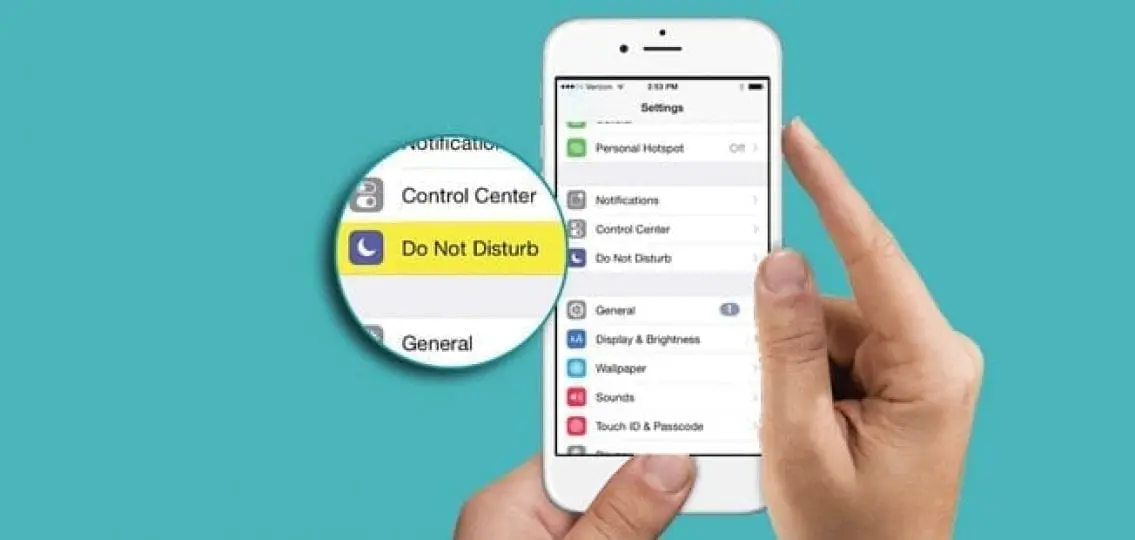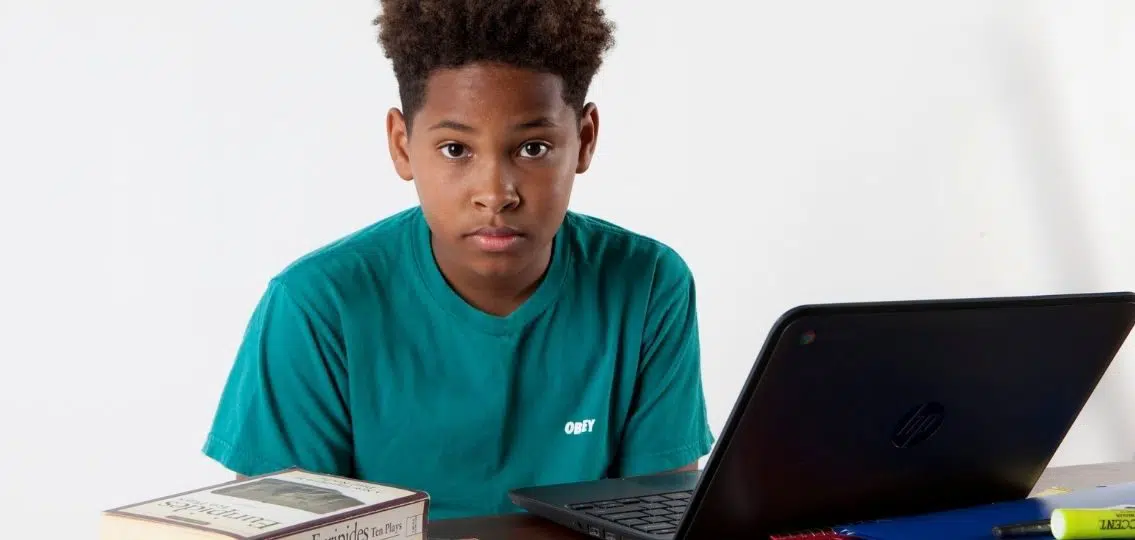Parents of teenagers will surely recognize this familiar scene: Child comes home from school. Child dumps backpack at door. Child plops on couch with electronic device and snack. You know they’ve had a busy day at school and need some downtime, but when should the downtime end and the studying begin? When is it time to begin focusing on good study habits for teens?

[adrotate banner=”39″] It’s a tricky path to negotiate, but the beginning of the school year is the time to help your teen establish a good study routine that will serve them well throughout the year.
“It’s much easier for students to get off on the right foot at the beginning of the year than to try to correct things later,” says Emily Levitt, vice president of education at Sylvan Learning, which offers a general studies skills course in addition to subject-specific tutoring.
Good Study Habits for Teens
Based on her experience with helping to develop effective study skills, Levitt offers these tips:
1. Make a schedule
Schedule the homework time. The time can fluctuate depending on sports and extracurricular activities, but the more consistent you can be, the better: On Mondays and Wednesdays, homework starts by 5 p.m. On Tuesdays and Thursdays, homework starts at 7 p.m., after soccer practice and dinner.
2. Keep materials organized
Encourage your teen to use a consistent organizational structure throughout the school year for each subject. English homework goes in the red folder; science assignments in the green binder.
3. Write down homework assignments
Teens should write down all of their assignments, regardless of whether the teacher posts the homework online or texts reminders each night. Studies have shown that the act of writing something down makes us more apt to remember it. Plus, it saves time hunting around online and avoids the “my teacher didn’t post the homework” excuse.
4. Have a place to study
Have a designated study space where your teen can work each day, even if it’s just a quieter corner. Stock the space with all the school supplies they’ll need. Many teens still enjoy shopping for and picking out their own school supplies. Make it a collaborative effort if possible.
How to Improve Study Habits With New Strategies

“If there’s a power struggle, consider using your school counselor or intervention specialist, an outside tutoring center, or even an older teen who wants to earn cash or service hours,” says Alexander.
About that Backpack:
And remember that backpack your child dropped at the door when he came in? Alexander recommends teens employ a weekly routine called the Backpack Dump, which involves sorting the contents into three piles:
Pile 1: Toss
Pile 2: Keep in backpack (neatly)
Pile 3: File into a designated location
Alexander recommends scheduling the Backpack Dump as a weekly appointment. “At 6 p.m. on Wednesday, let’s meet at the dining room table to sort out your backpack.
Teens should also employ daily maintenance using the 30-second rule. “If it takes less than 30 seconds to deal with something, put it in the right spot now,” she says. Teens will need reminders to do this for the first month until it becomes something they remember to do on their own, she adds.

Says Levitt, “The ultimate goal is to help them establish good habits now so they can eventually do this on their own. And it’s okay if you waited until 10th grade to start—better late than never. You won’t be there in college to look over their shoulder, so this is your chance to help them before they spread their wings.”




